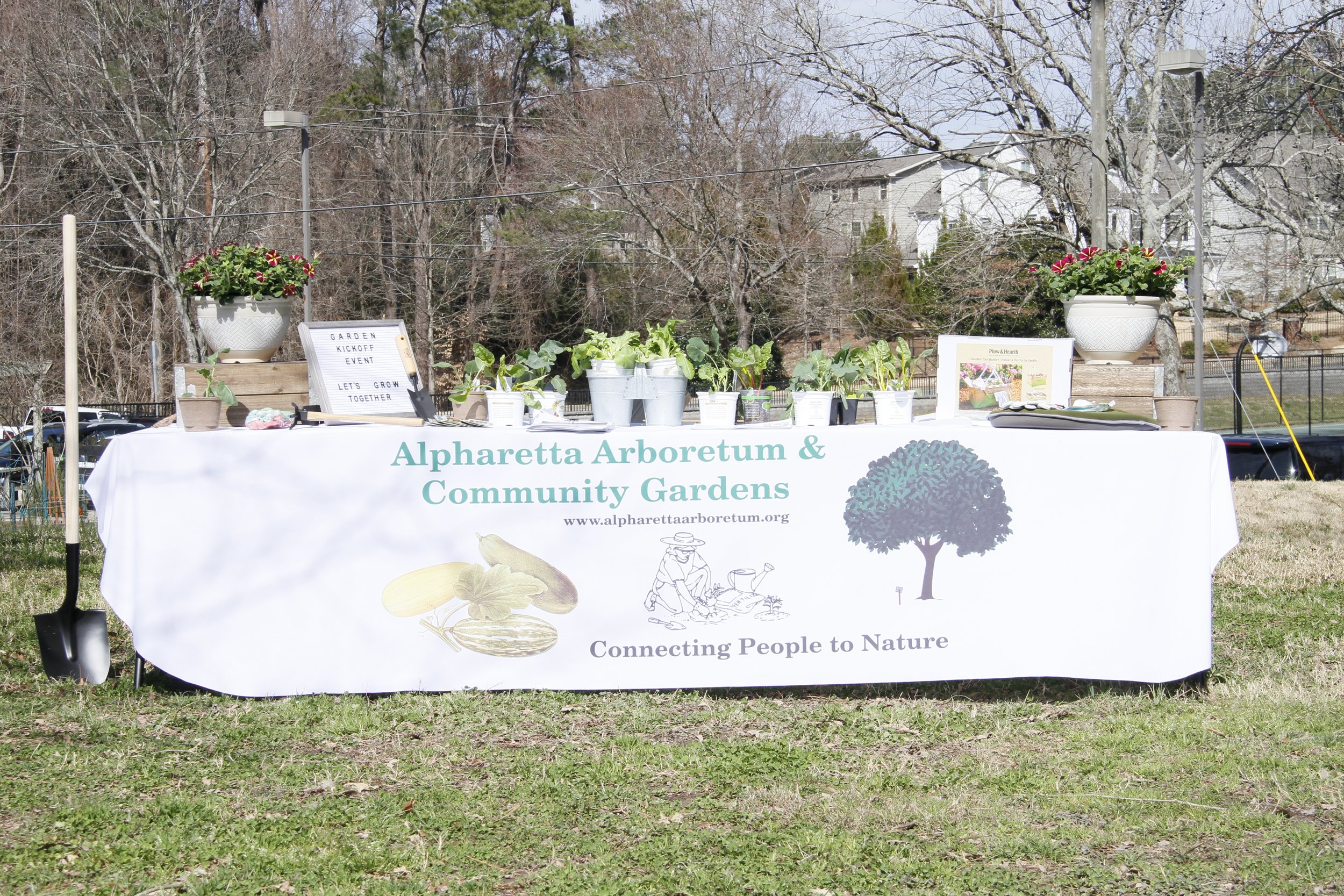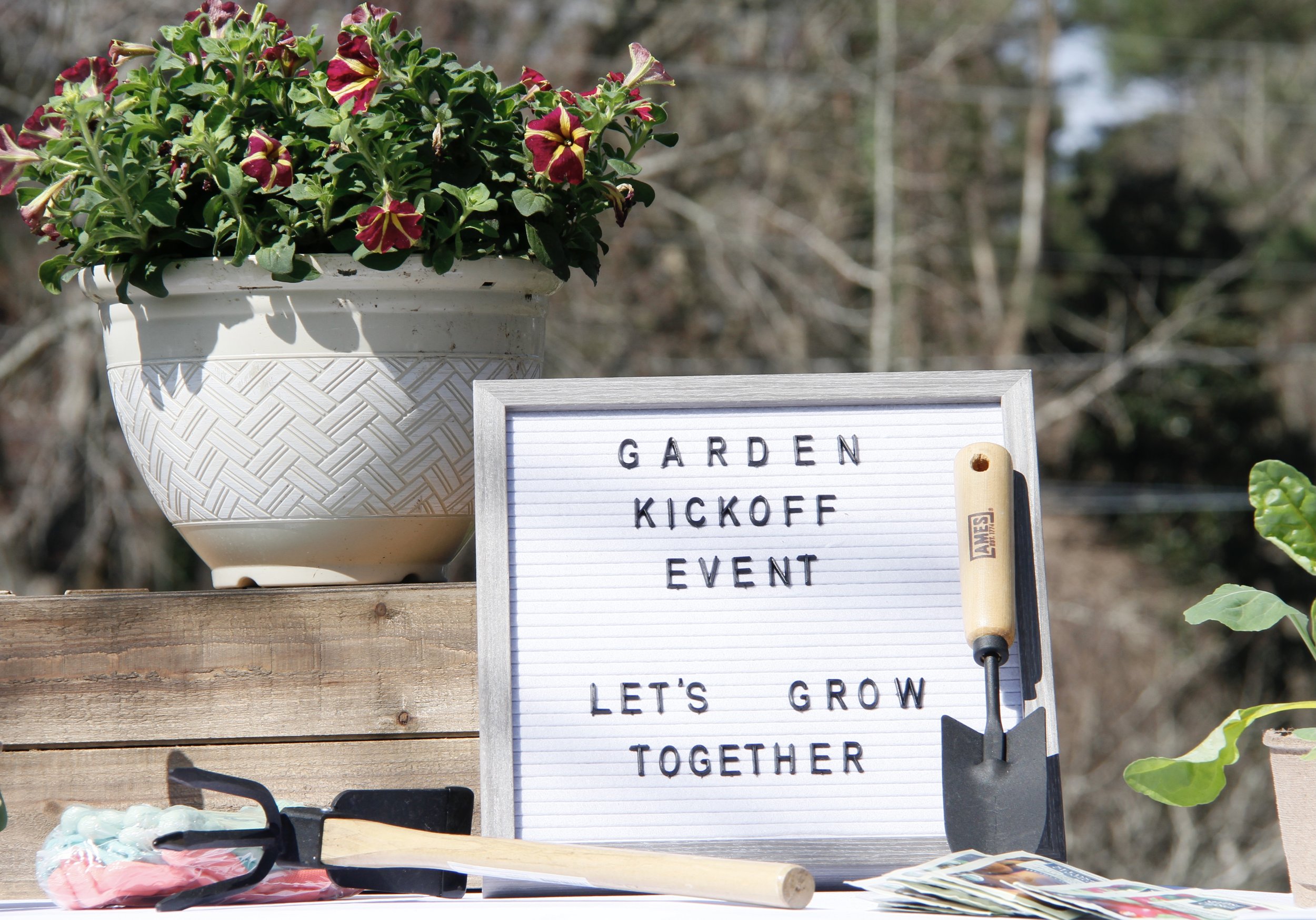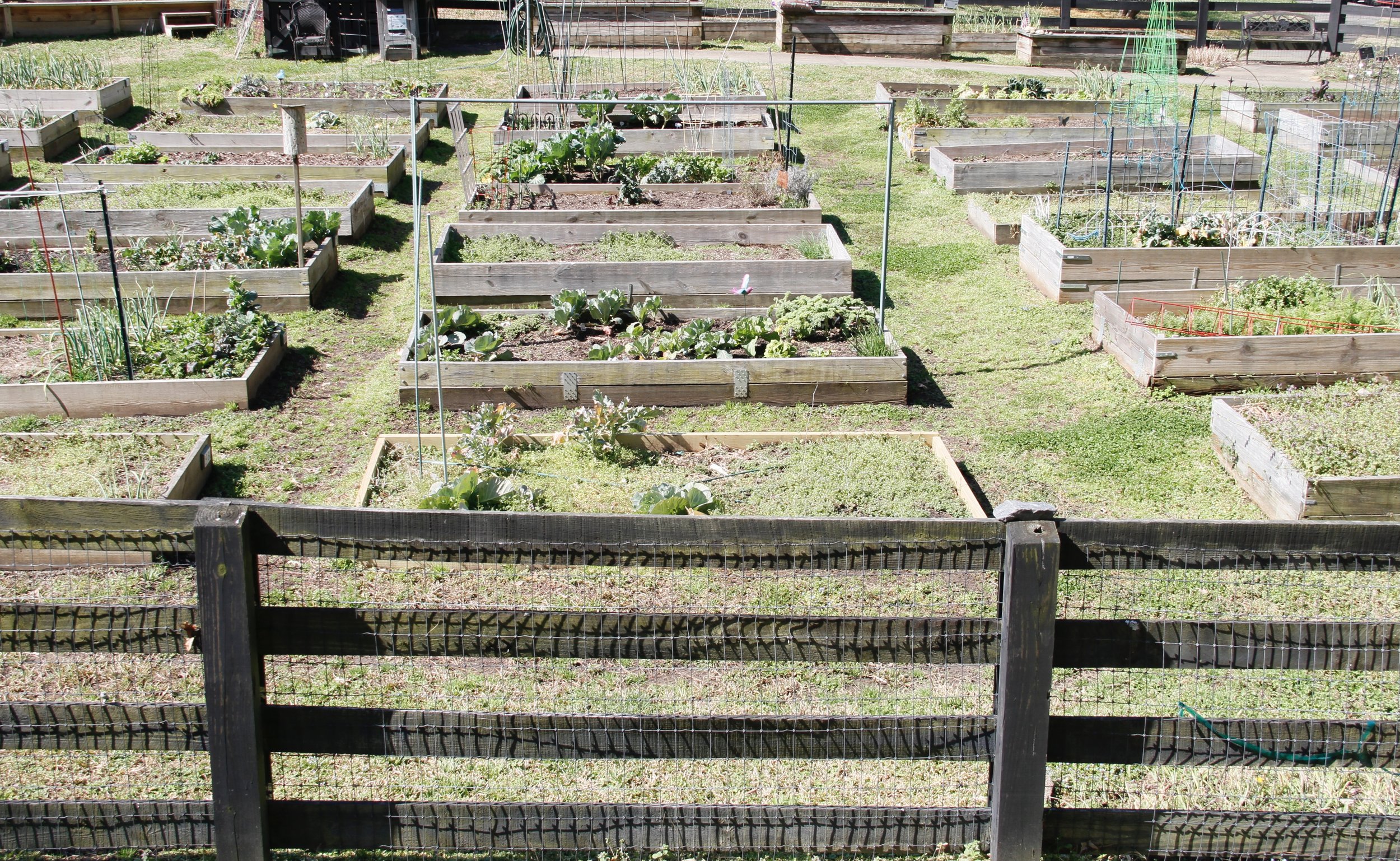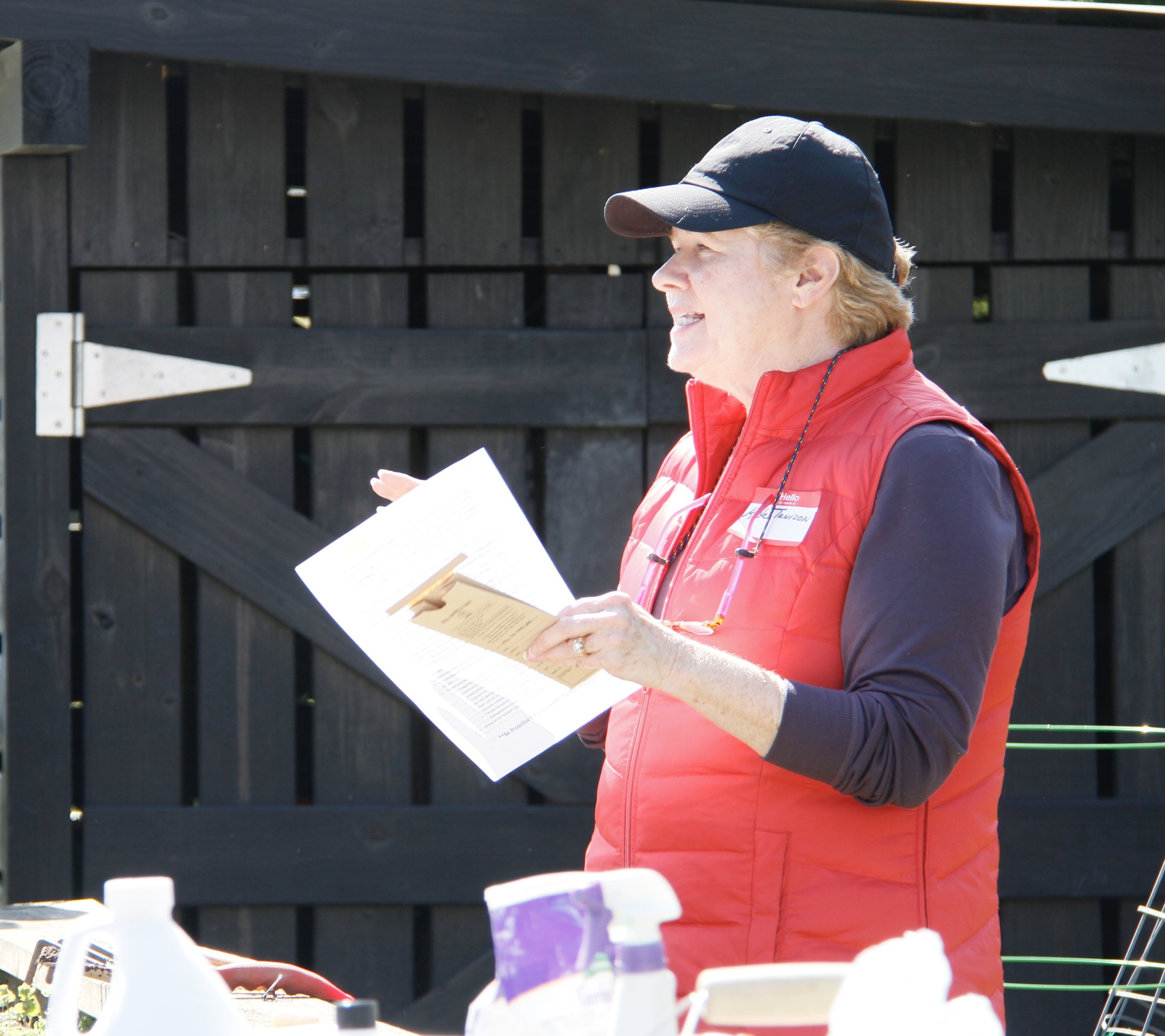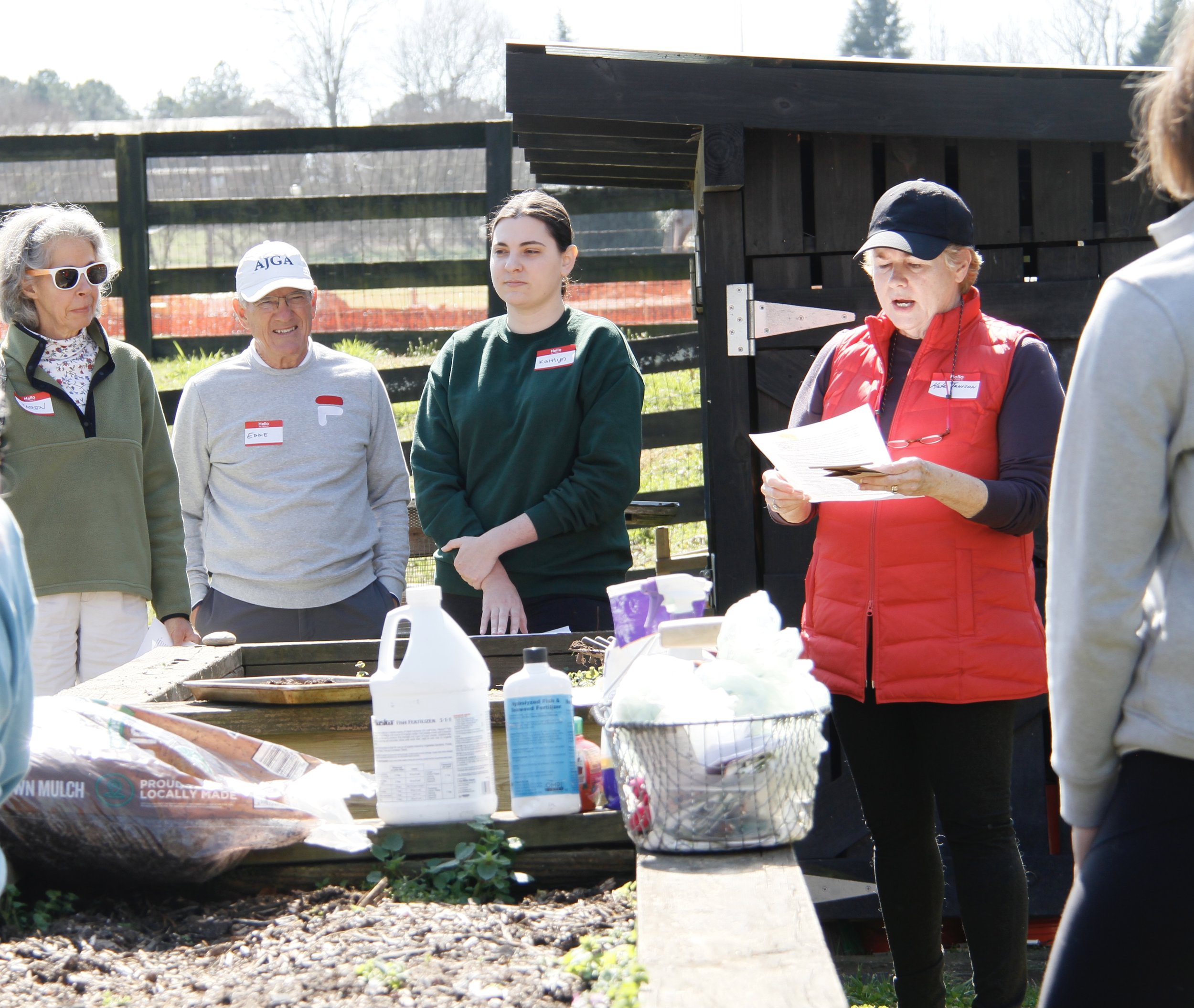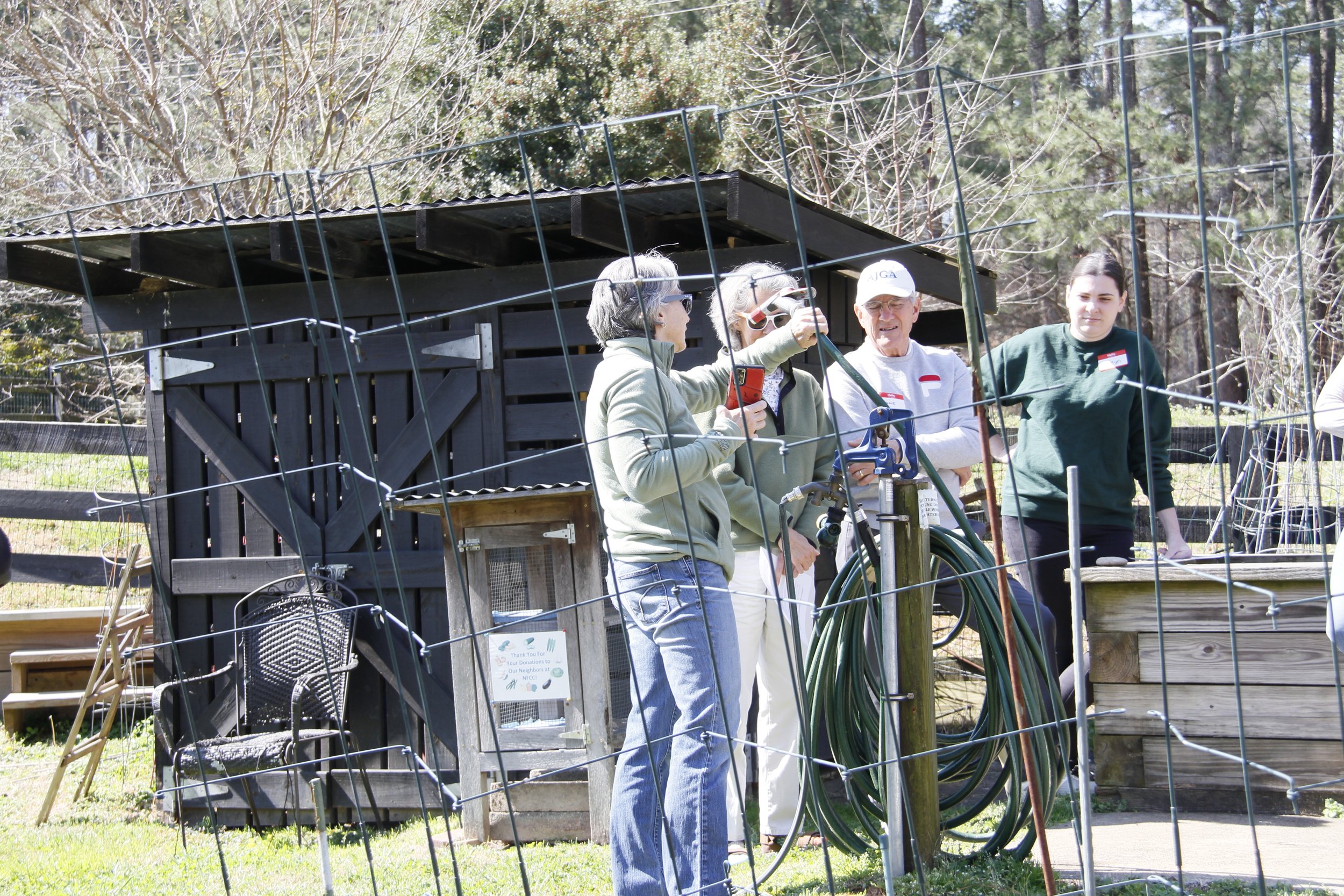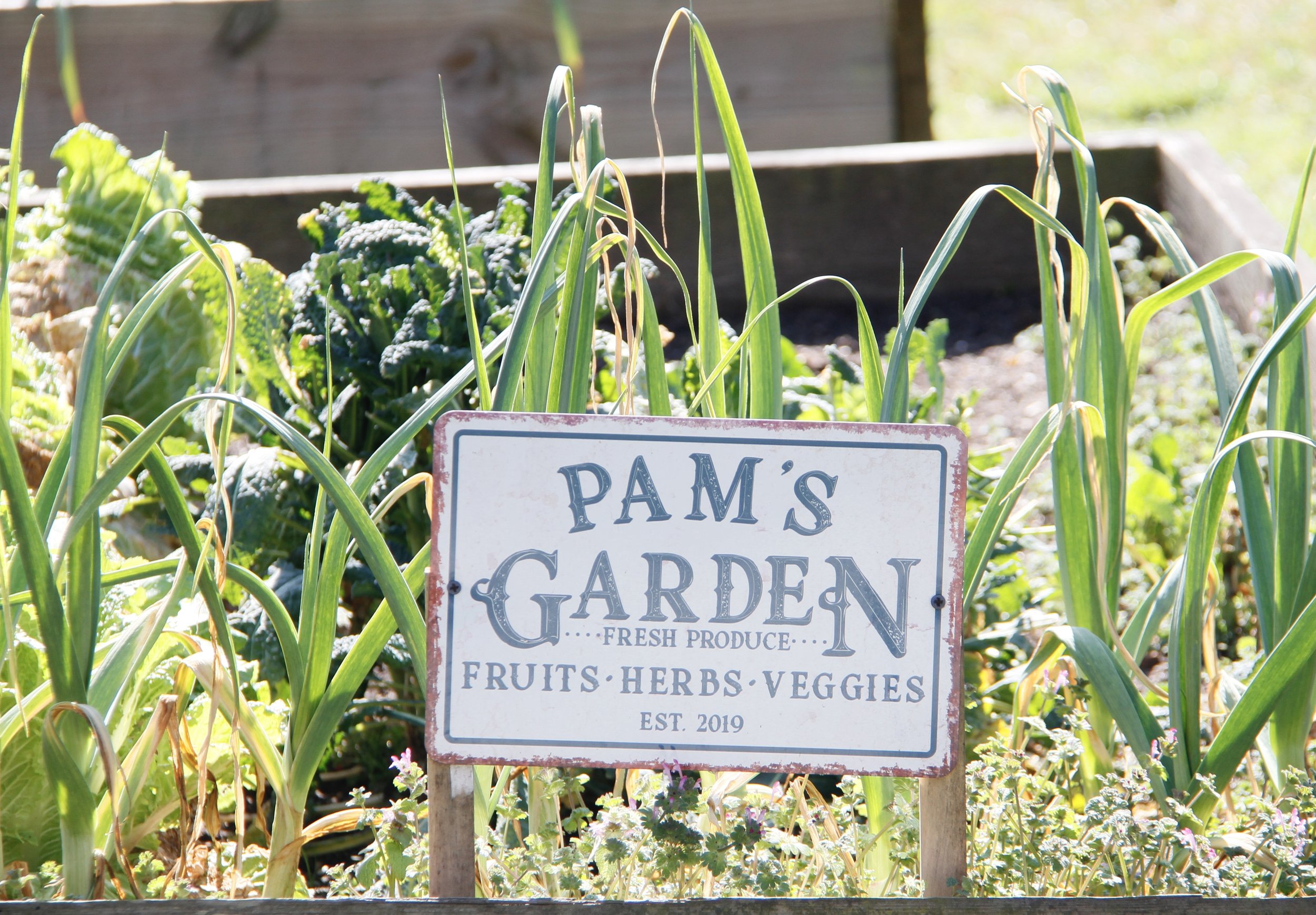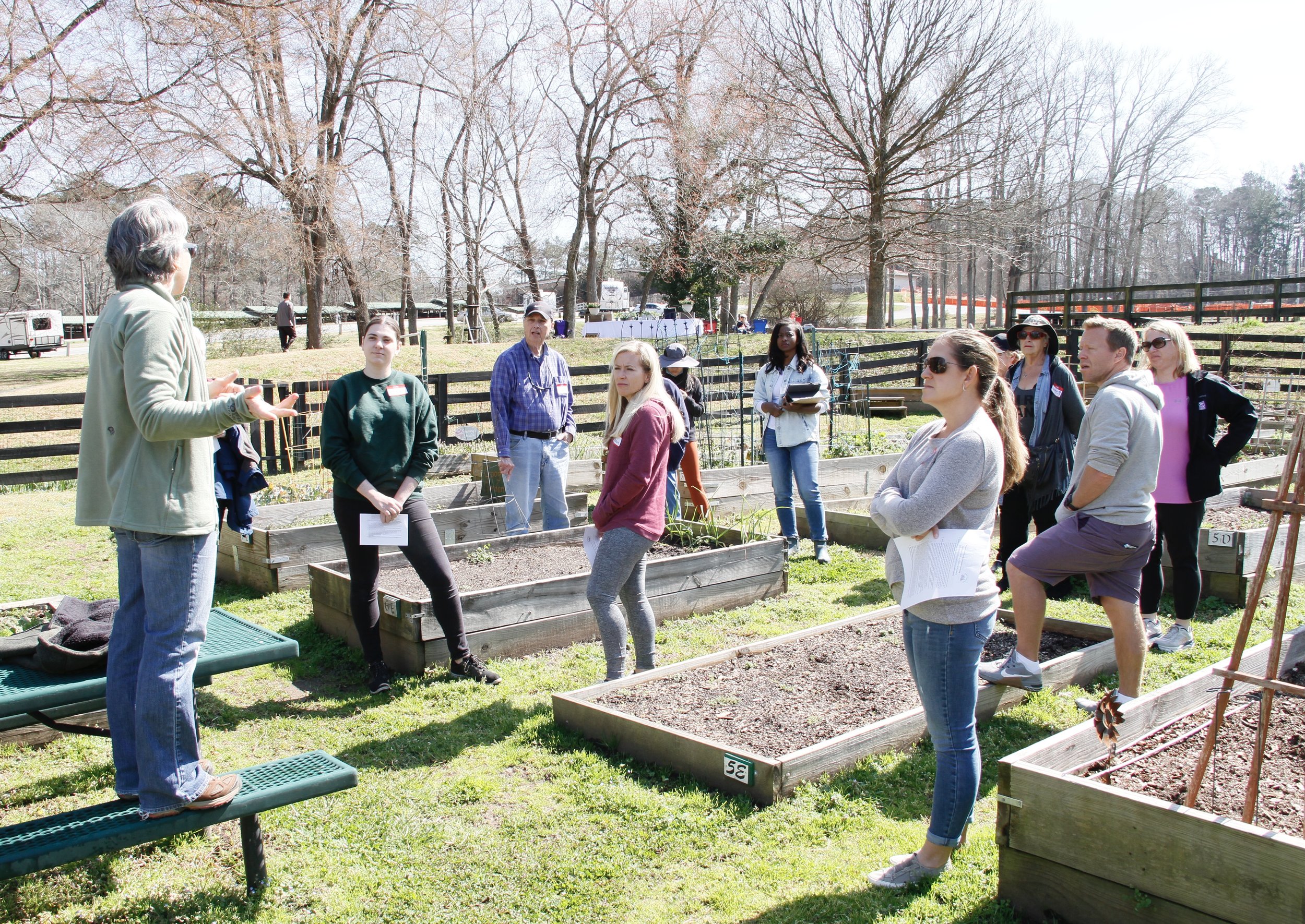This month’s newsletter is based on a presentation I made in 2014 at the ACG kick-off. I think it will be helpful to provide the information again as there are many gardeners who joined after that date. And, for you veteran gardeners who might have been at the kick-off in 2014, it will serve as a reminder as we approach planting season
In Georgia, sport is more than a form of recreation and entertainment. And college football has become a sort of religion (GO DAWGS!). Everyday expressions are derived from sports: “He fumbled the ball”, “He hit a home run”, “That was a slam dunk”. You get what I mean. Sport has become a metaphor for life.
I find it only fitting then that I carry this way of looking at things to the next level, “Football as a metaphor for gardening”. There are certain rules, adages and truisms that are commonly known in football. Let’s see how they translate into gardening.
Team owners all know, the key to success is getting the city to build you a world-class stadium
Ten years ago, the founders of the ACG struck a great deal with the City of Alpharetta. They were given, at no cost, our large garden space in beautiful Wills Park. Level ground, full sun and access to water – the winning trifecta of gardening (to use a horse racing term).
Then, the good folk at Comcast designated our garden as a community workday project and they cleared sod for what are now our raised bed gardens. Building the raised gardens quickly ensued and we were well on our way. Over time, we acquired our perimeter fence and sheds. Mercedes-Benz Stadium might have a retractable roof, but do they have a butterfly garden?
Make sure you have a plan to maintain the facility
Using member fees, the ACG has been able to maintain the garden facilities. If you look at other community gardens ten years on, I think the ACG has held up very well and is attractive and in good repair. The base levels of our raised garden beds are still in good shape.
However, a productive garden plot requires yearly attention. Adding organic matter (compost) and bringing your soil level up to its proper height is essential. Over time, organic material decomposes and soil gets compacted. The effort to maintain the quality of your soil will be time well spent. And I cannot stress the importance of mulch to your garden. Mulch suppresses weed growth, maintains moisture and acts as a barrier between soil bacteria/fungi and your plants. As mulch decomposes, it adds organic matter to your soil. A layer, two to three inches in depth, is perfect. People have used pine straw, pine bark nuggets and shredded hardwood. Do not used dyed mulch!
Recruit good players
Select plants that are well adapted to grow in our part of Georgia. As neat as it would be to grow pineapple and bananas at the ACG, it’s not going to happen. In last month’s newsletter, I provided a link to a UGA site where they listed some plants and specific varieties that are suited to grow in Georgia. Not to say that that list is all encompassing or that you can’t experiment with plants not normally grown in Georgia. Please do! And let us know how it turned out.
Many varieties of plants, especially tomatoes, have been bred to resist common diseases and pests. You’ll see letters following the variety name on the tag, i.e. VNF, meaning that the plant is resistant to verticillium wilt, nematodes and fusarium wilt. Some people prefer heirloom tomatoes without resistance bred into their DNA; others look for as many letters following the variety name as possible. Both strategies are acceptable at the ACG.
Know when to red-shirt a player
Even plants well-suited for Georgia will not succeed if they are placed in the garden at the wrong time. The ACG is a four season garden, meaning that there are plants that can be grown throughout the year – but not the same plants. Some plants thrive in spring and fall, some will only do well in the heat of summer and some can be placed in the garden in late fall to be grown over the winter and harvested in the spring. Again, use the UGA website as a guide, seed packets have information about when it is best to sow seeds and walterreeves.com is useful to determine when to plant different crops.
The use of performance enhancing drugs is prohibited
Know the ACG policy regarding the use of organic and synthetic chemicals.
As set forth in the Rules of the Garden, use of synthetic herbicides, pesticides and fungicides is prohibited. Use of organic fertilizers is recommended but gardeners may use synthetic fertilizers. Care should be taken even when using organic products. Read and follow all label instructions so as not to harm beneficial insects or the quality of the soil.
One of the best things you can do is buy healthy plant stock and plant them in quality soil. Give your plants a chance to mount their own defense against pests and disease. More and more research shows that plants are not passive victims; they deploy sophisticated chemical mechanisms to increase their chances of survival.
Penalty: 12 men on the field
Do not overplant your garden. Easy to say, but the tendency to sow too many seeds or plant the entire six-pack of plants in an area you know is too small is overwhelming. Those seeds are so small! What am I going to do with the other two tomato plants? We’ve all been there. But, try to ignore that impulse and follow the sowing/planting instructions that come with your seeds and plants or the information provided at the UGA or Walter Reeves sites.
Overplanting does not give your garden its best chance for good results. Crowding your plants forces them to compete with their neighbors for water and nutrients. And, even more important in our hot and humid Georgia climate, crowding limits air flow, increases humidity and the likelihood of fungal diseases.
Do not fire a coach if a poor season is due to injuries to a key player
No gardener can beat Mother Nature. Things happen during the growing season: excessive rain, drought, outbreaks of pests and diseases. All any gardener can do is plan, prepare his/her garden for the best chances of success and, in some cases, just hope for the best.
With regard to drought, we have access to water so this is not quite the problem it would be elsewhere. But, as a garden seeking to avoid synthetic chemicals, we are somewhat limited in our response to insects and disease. As I mentioned above, healthy plants have a better chance of protecting themselves. If you use organic pesticides, herbicides and fungicides, record your results and let the rest of the garden know what worked for you.
If a player fails to perform, pull him from the game
Well, it happens. Even with our best effort, plants fail. If the situation looks hopeless, yank out that plant before whatever problems it has are spread to other plants in your garden. Till up the soil and plant something else. You have limited time and space – move on!
Keep Statistics
Keep a garden journal. Record what plants/varieties you planted and when/how. Figure out what did well and what didn’t. Repeat the winners; abandon the losers. You think you’ll remember this stuff from year to year; believe me- you won’t. Talk to other gardeners, that’s one of the reasons you joined a community garden, wasn’t it? See what they did that was successful. Remember, imitation is the sincerest form of flattery.
If a Player Does Well, Reward Him Accordingly
Eat Him!! No bonuses for our best players, they become a side dish at dinner. It always amazes me knowing the planning and work it takes to grow a good vegetable when I watch in despair as gardeners let the vegetable go from perfect to overripe to a rotten mess. That rotten mess is a waste of food and affects the health of the rest of the garden.
If you are unable to get to the garden to pick your harvest, let us know. Tell your row neighbor and ask him to pick it for you for donation or their own use. The Garden Advisory Board is going to be more vigilant in this regard. Gardeners who neglect their plot will be warned and failure to take corrective action could result in dismissal from the ACG.
Know What Every Owner, Coach and Fan Knows
There’s always next year. The legendary football coach, Bum Phillips, had a saying, “There’s two types of coaches – them that’s been fired and them that’s going to be fired”. The same is true for gardens. You can’t win ‘em all; not every year is a great gardening year – for myriad reasons.
Do your best, have fun, meet great people and maybe next year you’ll win the ACG Super Bowl!
See you at the garden,
Stu and Judy Silver
